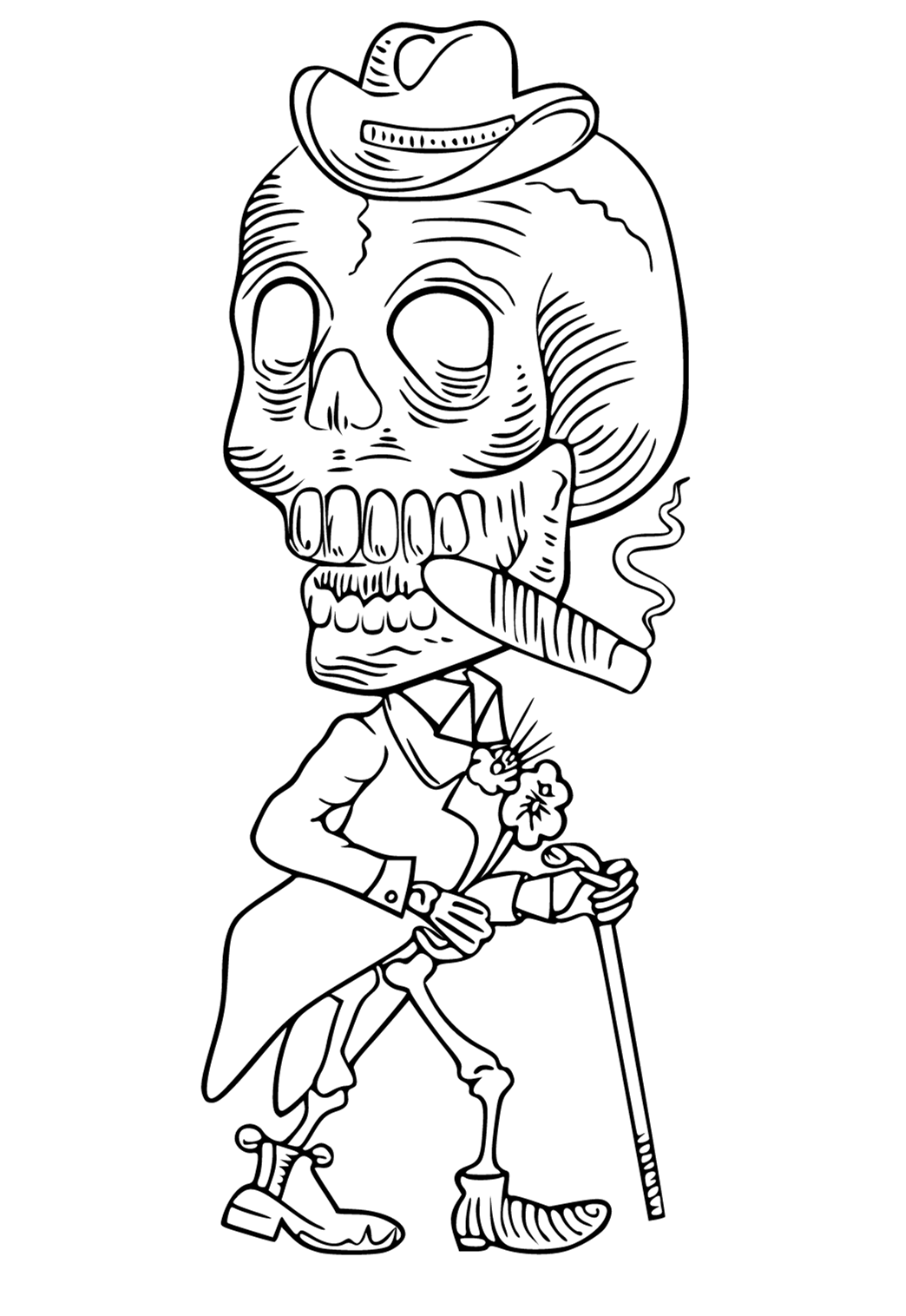How does the untimely death of a young artist resonate with his audience? The sudden demise of rapper Wifiskeleton, whose real name was Jeremiah, has left fans and peers grappling with grief. Known for his emotionally charged music that resonated deeply with listeners, Wifiskeleton's death at just 21 years old is a stark reminder of the fragility of life and the impact one person can have on countless others. A bold statement supporting this question: His tragic passing serves as both a testament to his artistry and a call for greater awareness around mental health issues in the music industry.
Rapper Wifiskeleton, whose unique style blended cloud rap with internet-era aesthetics, reportedly passed away due to an overdose. This news broke via a Discord post from fellow artist Witchbox, sparking widespread mourning across social media platforms. Fans who connected deeply with his raw lyrics are now expressing their devastation online. In the days leading up to his death, Wifiskeleton had made a chilling announcement during an Instagram Live session, hinting at his struggles and intentions. As word spread about his passing, close friends confirmed the heartbreaking reality, leaving behind a legacy of powerful music and profound connections with fans worldwide.
| Bio Data | Details |
|---|---|
| Name | Jeremiah (Stage Name: Wifiskeleton) |
| Date of Birth | March 4, 2004 |
| Place of Birth | Atlanta, Georgia, USA |
| Career | Underground Rapper, Music Producer |
| Notable Works | Nope your too late i already died, various cloud rap tracks |
| Professional Information | Active in the music scene since 2022; gained prominence through platforms like SoundCloud and TikTok |
| Reference | Genius Artist Page |
The outpouring of grief following Wifiskeleton's death underscores the deep connection he forged with his audience. Despite being only 21, Jeremiah had already established himself as a significant figure within the underground rap community. Songs such as “Nope your too late i already died” showcased his ability to articulate complex emotions with striking honesty. His work resonated particularly well among younger listeners navigating similar challenges related to identity, mental health, and societal pressures. Fans describe him not merely as an artist but as someone who understood their struggles and gave voice to unspoken thoughts.
In the weeks preceding his death, Wifiskeleton was preparing for performances scheduled in major cities including New York City and Los Angeles. These events were anticipated eagerly by fans who admired his innovative approach to music production and live shows. However, tragedy struck unexpectedly, cutting short what promised to be a promising career trajectory. Friends and collaborators took to social media to share tributes and express disbelief over the loss of someone so integral to their creative circle.
Wifiskeleton’s story also highlights broader concerns regarding mental health within the entertainment industry. Artists often face immense pressure to maintain public personas while dealing with personal demons privately. For many, the line between authenticity and vulnerability becomes blurred, especially when their craft relies heavily on exposing intimate aspects of their lives. Jeremiah's final Instagram Live broadcast exemplifies this tension—offering glimpses into his inner turmoil even as it shocked those watching. It raises important questions about how society supports emerging talents grappling with such issues.
Beyond the immediate shockwaves rippling through the music world, there exists another layer to this narrative involving technology failures coinciding with human tragedies. Around the same time as Wifiskeleton's passing, reports emerged concerning malfunctions with certain smart locks manufactured by ULTRALOQ. Specifically, users reported problems with U-bolt Pro Wifi keypads ceasing functionality despite manual lock/unlock capabilities remaining intact via apps. While seemingly unrelated at first glance, these instances highlight vulnerabilities inherent in modern systems reliant upon digital infrastructure—a sobering parallel amidst personal losses experienced globally.
As fans continue processing the loss of Wifiskeleton, they find solace in revisiting his discography. Each track carries echoes of Jeremiah's distinctive perspective, reminding listeners why his contributions mattered so much. Whether through melancholic melodies or introspective verses, his music continues speaking directly to hearts seeking understanding and connection. Meanwhile, discussions surrounding better support mechanisms for artists facing mental health crises gain renewed urgency. Only time will tell whether such dialogues translate into meaningful change benefiting future generations of creatives striving against adversity.
Ultimately, Wifiskeleton's legacy endures not solely because of his musical output but due to the genuine bonds formed between him and his audience. Through every note sung and lyric penned, Jeremiah created spaces where people felt seen and heard. Even after his untimely departure, his influence persists, inspiring others to embrace vulnerability and seek help when needed most. As tributes pour in from all corners of the globe, one truth remains clear: some lives leave indelible marks far exceeding their duration—an undeniable fact reflected poignantly in the case of Wifiskeleton.



